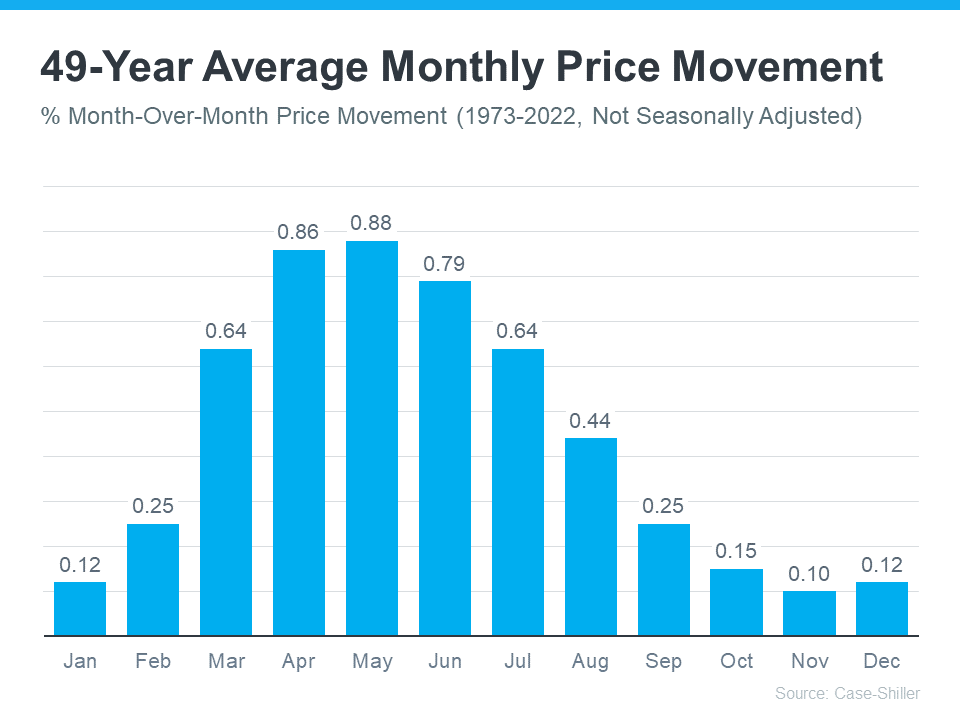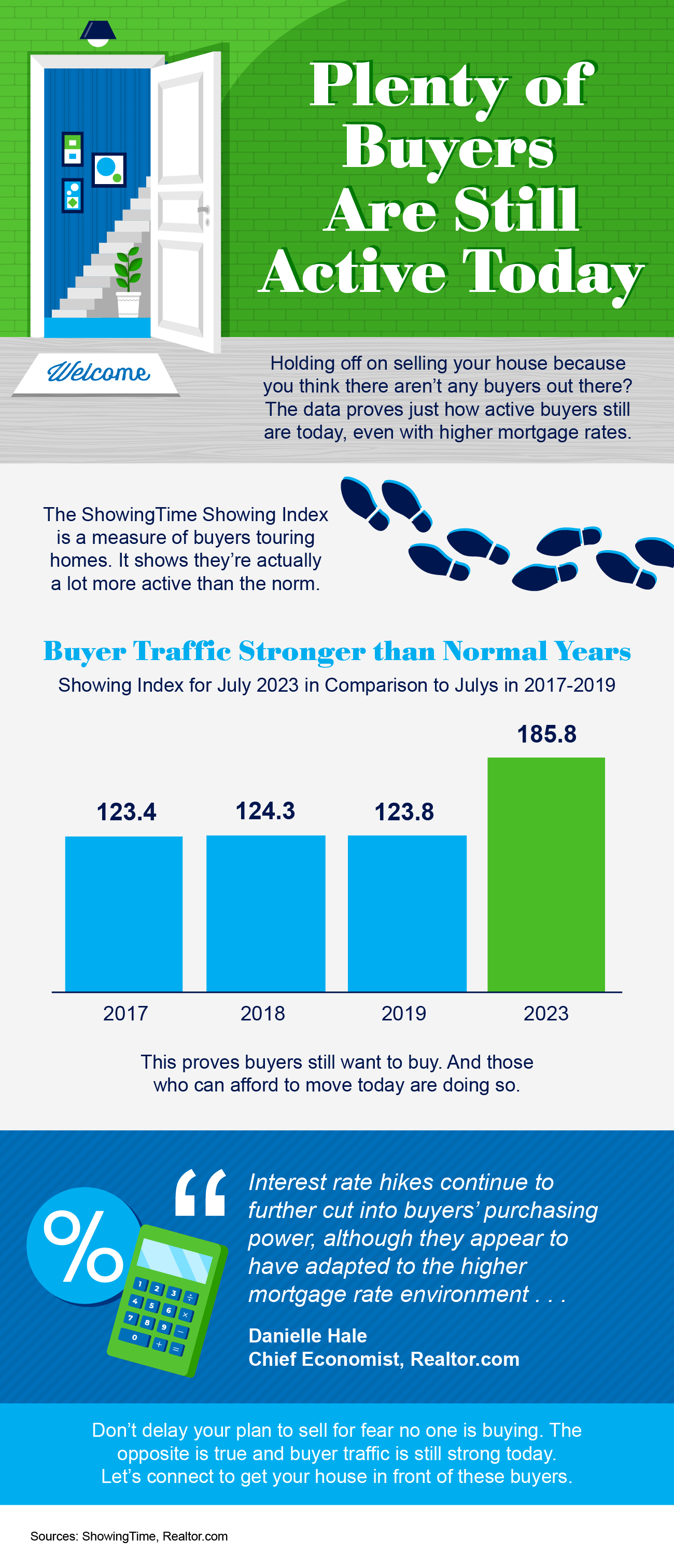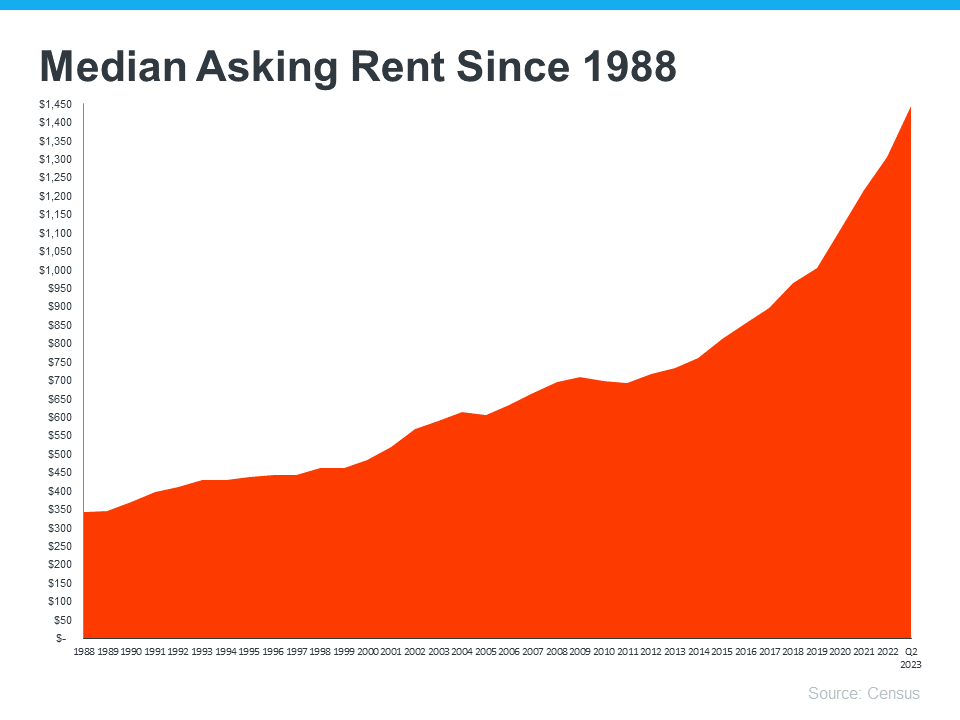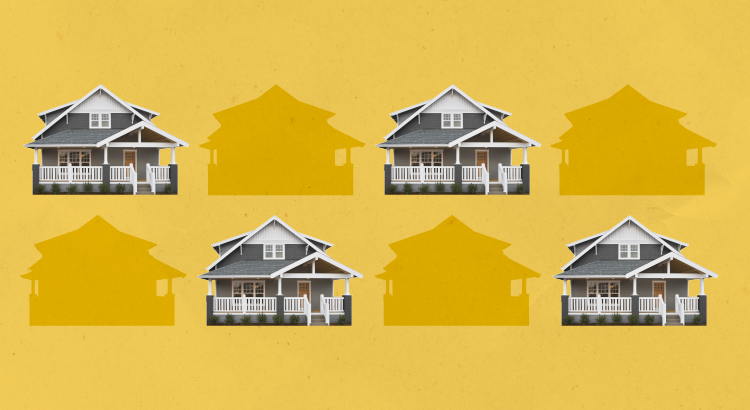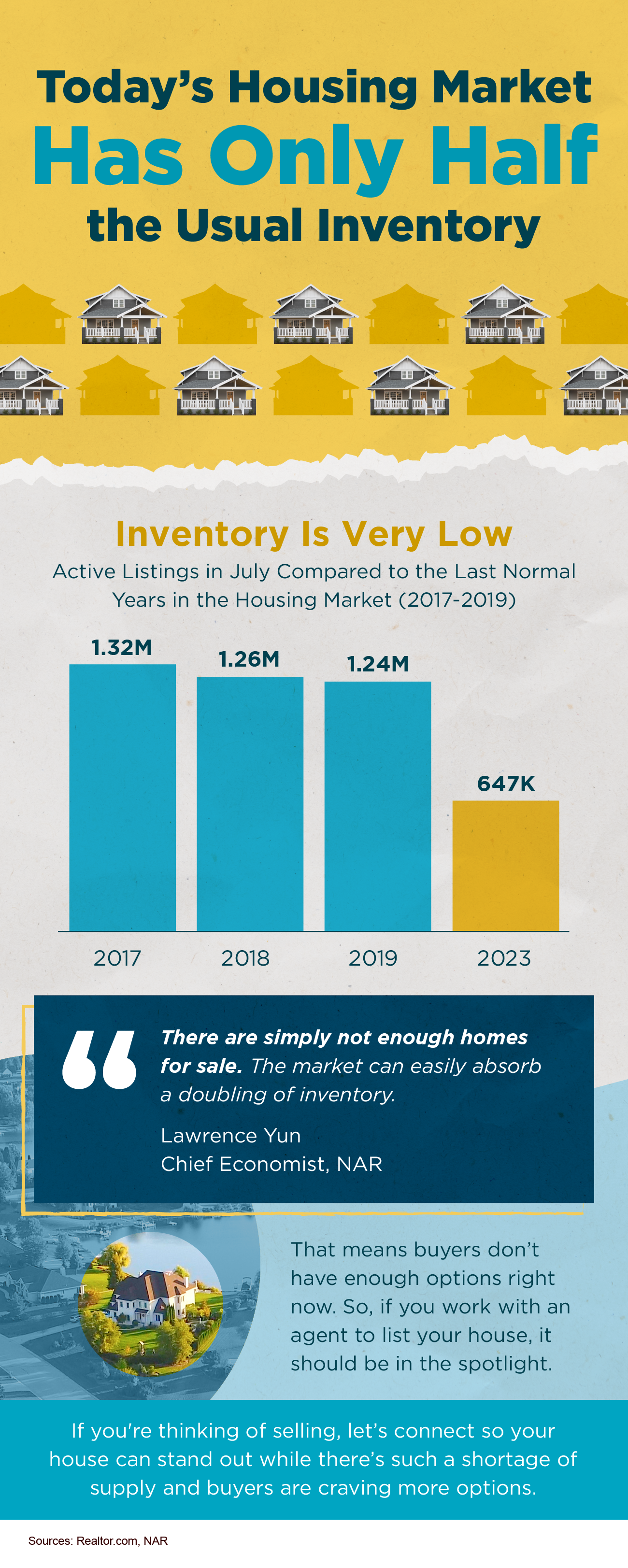
Fitness Tips For Seniors
Fitness Tips Prevent Falls For Seniors

Strength training exercises, in particular, are highly beneficial for seniors. By focusing on strengthening the muscles in the legs, hips, and core, older adults can significantly improve their balance and stability. Strength training exercises can include activities like squats, lunges, leg presses, and resistance band workouts. These exercises effectively target the muscle groups that are crucial for maintaining good posture and stability.
In addition to strength training, incorporating exercises that challenge balance and coordination is essential for fall prevention. Activities like yoga, tai chi, and Pilates can help seniors improve their balance, flexibility, and body awareness. These practices emphasize proper body alignment, controlled movements, and deep breathing, which can enhance balance and reduce the risk of falls.
Furthermore, aerobic exercises, such as brisk walking, swimming, or cycling, should not be overlooked. These activities not only improve cardiovascular health but also contribute to overall strength and endurance. By engaging in regular aerobic exercises, seniors can enhance their overall physical fitness, increase their energy levels, and reduce the risk of falls.
Aside from the physical benefits, exercise also offers numerous mental advantages for seniors. Regular physical activity has been shown to improve cognitive function, enhance mood, reduce stress, and boost overall mental well-being. When seniors feel mentally sharp and emotionally balanced, they are more likely to be aware of potential hazards and better equipped to prevent falls.
It is important to note that before starting any exercise regimen, it is crucial for seniors to consult with their healthcare provider. A healthcare professional can evaluate their individual fitness level, address any underlying health conditions, and provide personalized exercise recommendations. This step is essential in ensuring that seniors engage in exercises that are safe and suitable for their specific needs.
In conclusion, incorporating regular exercise into a senior’s lifestyle is immensely important for fall prevention. The combination of strength training, balance exercises, and cardiovascular activities can help maintain muscle strength, improve balance and coordination, boost overall fitness, and increase mental well-being. By prioritizing physical activity, seniors can empower themselves with the tools needed to live a healthier, more independent life, free from the worry of falls.
Targeted Strength And Balance Training
One of the most effective ways to prevent falls in seniors is through targeted strength and balance training. As we age, our muscles naturally weaken and our balance becomes less stable. This makes us more susceptible to falls, which can result in serious injuries. However, with the right exercises and training, seniors can significantly reduce their risk of falling and maintain their independence for longer.
Strength training is crucial for seniors as it helps to build and maintain muscle mass, improve bone density, and enhance overall physical function. By incorporating resistance exercises into their routine, seniors can improve their strength and stability, making them less prone to falls. Exercises such as squats, lunges, and leg presses can help to strengthen the lower body, which is particularly important for maintaining balance and preventing falls. Additionally, exercises that target the upper body, such as bicep curls and shoulder presses, can also contribute to overall strength and stability.
In addition to strength training, balance exercises are essential for seniors. These exercises help to improve proprioception, which is the body’s ability to sense its position in space. By enhancing proprioception, seniors can better control their movements and react quickly to changes in balance, reducing the likelihood of falling. Some effective balance exercises for seniors include standing on one leg, heel-to-toe walk, and the yoga pose “tree pose”. These exercises challenge the stability of the body and help seniors to improve their balance and coordination.
It is crucial for seniors to gradually increase the intensity and difficulty level of their strength and balance training over time. Starting with lighter weights, shorter durations, and simpler exercises, they can gradually progress to heavier weights, longer durations, and more challenging exercises. It is also important to listen to their bodies and modify exercises as needed to prevent any strain or injury.
It is highly recommended for seniors to seek guidance from a certified fitness professional or physical therapist when starting a strength and balance training program. These professionals can assess their individual needs, create a tailored exercise program, and provide proper instruction on proper form and technique. They can also monitor progress and make adjustments as needed to ensure maximum effectiveness and safety.
In conclusion, targeted strength and balance training is a key component in preventing falls for seniors. By incorporating resistance exercises to build strength and balance exercises to improve proprioception, seniors can significantly reduce their risk of falling. It is important to start gradually, seek professional guidance, and make adjustments along the way for safe and effective results. By taking proactive steps to maintain strength and balance, seniors can enjoy a higher quality of life and minimize the risk of falls that can result in severe injuries.
Tips For Creating A Safe Home Environment
One of the most effective strategies in preventing falls for seniors is creating a safe home environment. Making a few simple modifications and being proactive in addressing potential hazards can significantly reduce the risk of accidents. Here are some valuable tips to help you create a safe home environment for seniors:
1. Remove Clutter: One of the most straightforward actions you can take is to declutter your living space. Remove any unnecessary items that could obstruct walkways or create tripping hazards. Pay close attention to hallways, stairs, and entrances, ensuring that these areas are always clear and free from any obstacles.
2. Ensure Adequate Lighting: Good lighting is essential for maintaining balance and preventing falls. Make sure all areas of your home are well-lit, both indoors and outdoors. Install bright light bulbs, nightlights, and motion sensor lights to improve visibility and reduce the risk of accidents, especially during nighttime.
3. Secure Rugs and Remove Loose Carpets: Loose or wrinkled carpets and rugs pose a significant hazard for seniors. Secure them with double-sided tape or non-slip mats to prevent slipping or tripping. Alternatively, removing these rugs altogether could be a safer option, especially in high-traffic areas.
4. Install Handrails and Grab Bars: Installing handrails along stairways and grab bars in bathrooms can greatly enhance safety for seniors. These fixtures provide the necessary support and stability when walking up or down stairs or while using the toilet or shower. Ensure they are securely attached and at the appropriate height for ease of use.
5. Consider Flooring: Choosing the right type of flooring is crucial in maintaining a safe home environment. Opt for non-slip surfaces, such as textured tiles, rubber, or non-slip vinyl. Avoid overly polished or shiny floors, as they can become slippery, increasing the risk of falls.
6. Organize Your Home: Create a well-organized home where everything has its designated place. This way, there will be fewer objects to trip over or obstruct walkways. Use storage solutions, like cabinets or shelves, to keep items within easy reach and maintain a tidy living space.
7. Use Assistive Devices: Utilize assistive devices that can aid in maintaining balance and stability. Items such as walking canes, wheelchairs, and walkers can provide support and help seniors move around their homes more safely. Consult with a healthcare professional to determine which devices are best for your specific needs.
8. Keep Emergency Numbers Handy: In case of an accident or fall, it’s crucial to have emergency numbers readily available. Keep a list of important contacts, including your doctor, the local hospital, and family members, near your phone or in a visible location. This will ensure that help can be quickly summoned in case of an emergency.
By implementing these tips and creating a safe home environment, you can greatly reduce the risk of falls for seniors. It’s essential to assess your living space regularly and make necessary modifications to maintain a safe and supportive environment. Remember, prevention is key in ensuring the health and well-being of older adults.
Additional Measures For Fall Prevention
In addition to the fundamental fitness tips outlined above, there are several additional measures that seniors can take to further prevent falls and ensure their safety. While every individual’s needs may vary, implementing these measures can significantly contribute to reducing the risk of falls and maintaining a healthy and active lifestyle.
1. Home Modifications:
Making necessary modifications within your home environment can improve safety and reduce the risk of falls. Start by decluttering living spaces and removing any obstacles that may impede movement. Clear walkways, secure loose rugs with double-sided tape or non-slip backing, and ensure that furniture is arranged in a way that allows for easy navigation. Installing handrails in bathrooms, showers, and staircases can provide stability and support when moving around these areas.
2. Appropriate Footwear:
Wearing proper footwear is essential for maintaining balance and stability. Invest in well-fitting shoes that provide adequate support and have non-slip soles. Avoid high heels, flip-flops, and shoes with smooth or worn-out soles, as these can increase the risk of slipping and falling. Regularly inspect and replace worn-out shoes to ensure optimal support.
3. Assistive Devices:
Depending on individual needs, considering the use of assistive devices can significantly aid in fall prevention. Canes, walkers, and grab bars can provide support and stability while moving around. Consult with a healthcare professional to assess your specific needs and determine the appropriate assistive devices for your situation. Be sure to use these devices correctly and as instructed to maximize their effectiveness.
4. Medication Management:
Often, medications can contribute to falls and dizziness due to side effects or interactions. It’s crucial to regularly review your medication with a healthcare provider to ensure you’re on the appropriate dosage and that any potential side effects are addressed. Inform your healthcare professional about any balance or dizziness issues you experience as a result of your medication. Additionally, follow dosing instructions carefully, and avoid skipping doses or making any changes without consulting your doctor first.
5. Vision and Hearing Checks:
Regular vision and hearing assessments are essential for preserving balance and preventing falls. Declining vision can make it difficult to navigate one’s surroundings, especially in dim lighting or unfamiliar environments. Similarly, hearing impairments can affect one’s ability to detect potential hazards or communicate with others effectively. Schedule routine eye exams and hearing checks to address any vision or hearing issues promptly and ensure appropriate corrective measures are taken.
6. Stay Active and Engaged:
Staying physically active and engaged in social activities are crucial elements for maintaining overall health and reducing the risk of falls. Regular exercise, such as walking, swimming, or tai chi, helps improve strength, flexibility, and balance. Engaging in social activities and hobbies not only improves mental wellbeing but also encourages physical activity. Consider joining community groups or senior centers where you can connect with others and take part in recreational activities.
7. Annual Fall Risk Assessments:
Regular fall risk assessments conducted by a healthcare professional can provide valuable insights into your individual risk factors. These assessments evaluate factors such as balance, gait, muscle strength, and medication-related risks. Based on the results, healthcare providers can offer personalized recommendations on fall prevention strategies, including exercise programs tailored to address specific areas of concern.
By incorporating these additional measures into your daily routine, you can further enhance your fall prevention efforts and create a safer environment for yourself. Remember to consult with your healthcare professional to ensure that these measures align with your specific circumstances and needs. Taking proactive steps towards fall prevention will significantly contribute to maintaining independence and enjoying an active and healthy lifestyle as a senior.
Marty Gale
Buy or Sell with Marty Gale
"Its The Experience"
Principal Broker and Owner of Utah Realty™
Licensed Since 1986
CERTIFIED LUXURY HOME MARKETING SPECIALIST (CLHM)
PSA (Pricing Strategy Advisor)

General Contractor 2000 (in-active)
e-pro (advanced digital marketing) 2001
Certified Residential Specialist 2009

Certified Negotiation Expert 2014

Master Certified Negotiation Expert 2014
Certified Probate Specialist Since 2018

Senior Real Estate Specialist

Certified Divorce Specialist CDS

Contact me!



